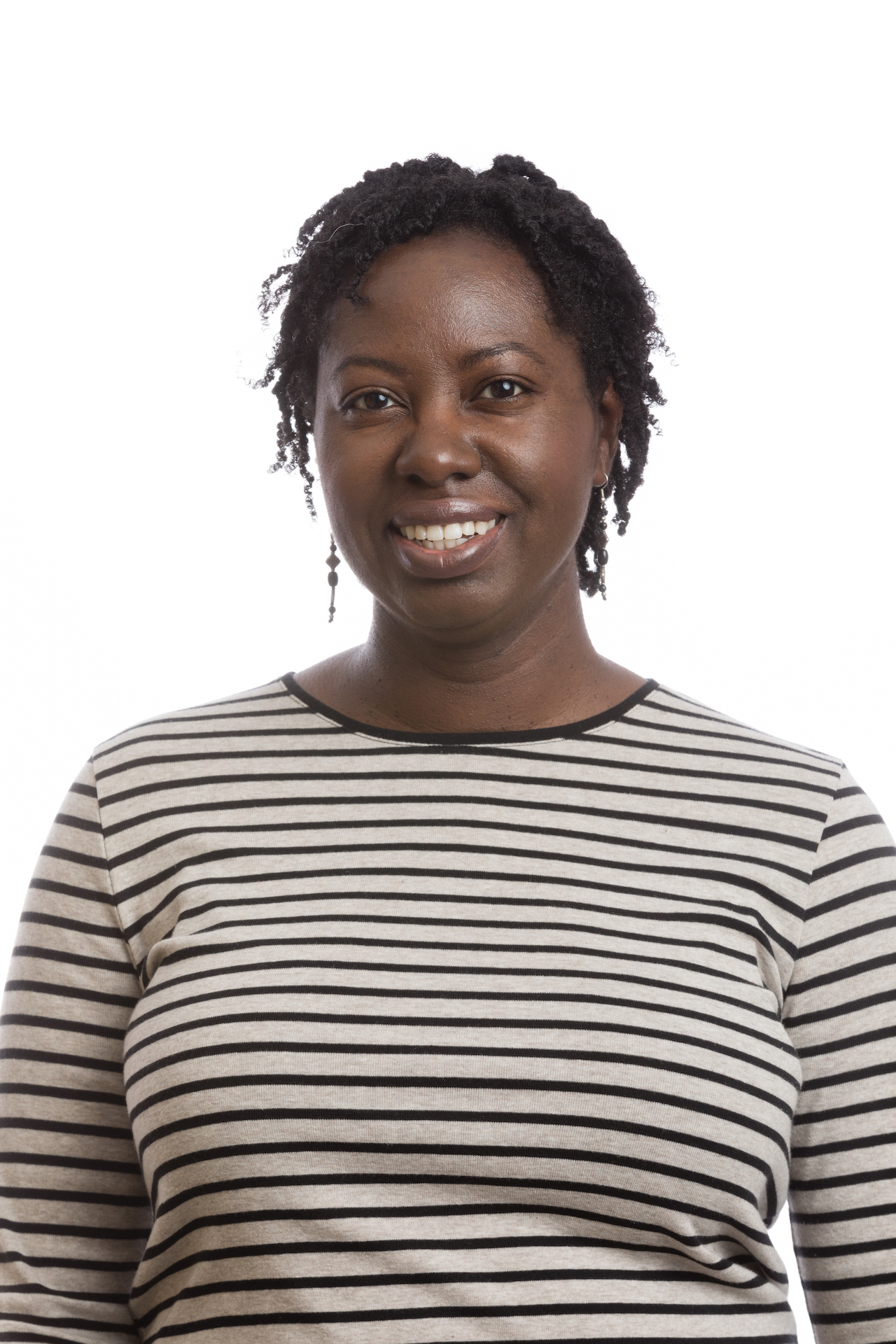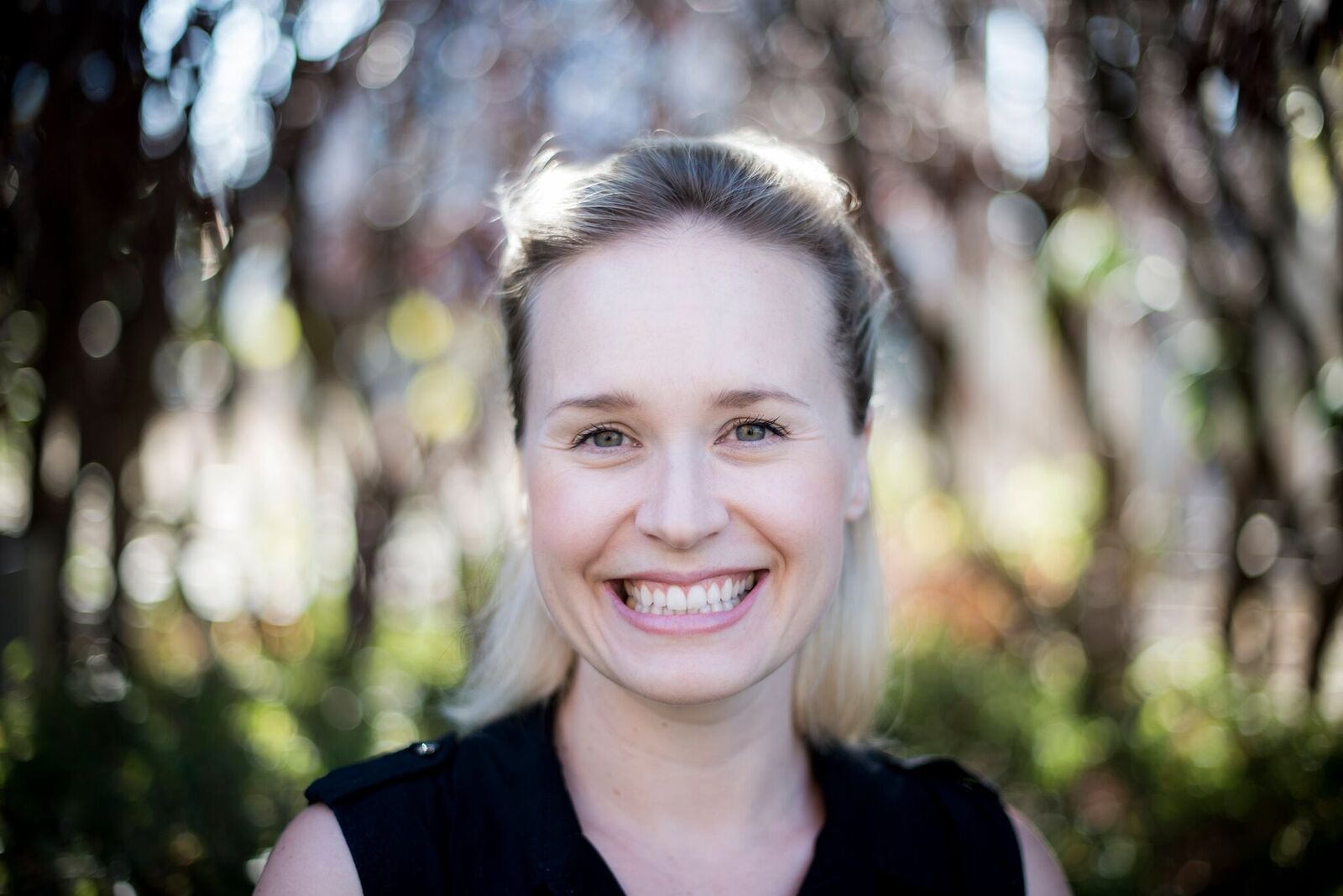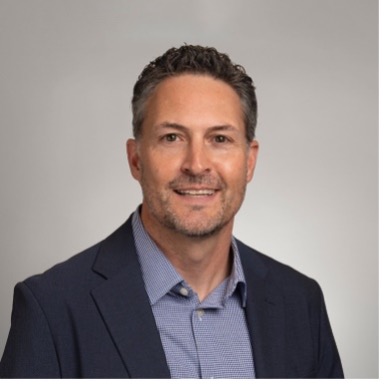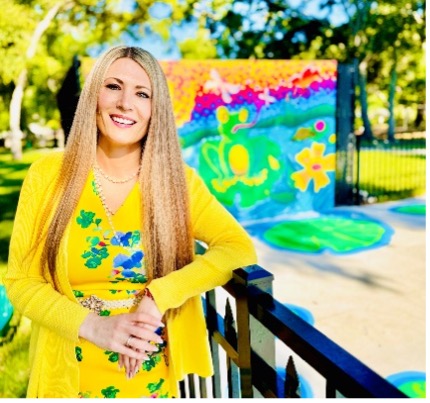The Comitas Institute Award for Public Knowledge and Engagement is named for the Comitas Institute for Anthropological Study (CIFAS), founded by Professor Lambros Comitas to support the application of anthropology to human and planetary problems. Professor Comitas, who held the Gardner Cowles Professorship in Anthropology and Education at Teachers College, Columbia University, demonstrated the value of anthropology grounded in rigorous ethnographic methods and high ethical standards.
The Comitas Institute Award for Public Knowledge and Engagement celebrates ethnographic research that generates public knowledge and engagement and advances a robust understanding of contemporary human problems and solutions.
This award is a collaboration between the Comitas Institute for Anthropological Study and the Society for Applied Anthropology (SfAA).
Submission Deadline: December 1, 2025

This $5,000 cash prize honors anthropological research that:
Two prizes will be awarded.
Eligibility:
Selection Criteria:
Submission Information:
A complete submission is required for the application to be reviewed. It includes:
Submission deadline: December 1. The award will be publicly announced and presented at the subsequent Annual Meeting of the Society for Applied Anthropology.
To apply for this award, please send your complete application materials to info@appliedanthro.org.
Dr. Shan-Estelle Brown

Shan-Estelle Brown, PhD is Associate Professor of Anthropology and Director of the Global Health Program at Rollins College inWinter Park, Florida. Previously, she was Postdoctoral Research Associate in the AIDS Program at Yale School of Medicine. She is a mixed-methods medical anthropologist with training in qualitative research and pedagogy on writing.She is the author of Writing in Anthropology: A Brief Guide (Oxford UniversityPress). She is a current member of the American Anthropological Association Executive Board in an Undesignated Seat. She is a Fellow with Robert Wood Johnson Foundation’s Interdisciplinary Research Leaders Program. Her research interests include conducting community-engaged research, improving patient-centered outcomes with medical technologies, understanding patients’ perceptions of risk and well-being, and identifying structural facilitators and barriers to health care access and retention in care.
This submission to the Comitas Award for Social Innovation and Public Engagement describes a research project grounded in ethnographic field methods and conducted by an interdisciplinary team of three principal investigators: an anthropologist, a counseling educator, and a pharmacist founder of Let’s Beehive, a non-profit organization to educate women and girls about sexual health. This project was funded by Robert Wood JohnsonFoundation’s Interdisciplinary Research Leaders Program. Over a period of two years, our project entitled “Removing obstacles to HIV prevention for Black women in Orange County, Florida” used community-engaged research to identify local barriers to and imagine creative solutions for human immunodeficiency virus (HIV) prevention for Black women living in Central Florida, as they are the main population of women receiving new HIV diagnoses in the state ofFlorida. Community engagement is directly built into each stage of the project.
Danya Fast

Danya Fast is a faculty member in theDepartment of Medicine at the University of British Columbia (UBC), where she co-leads UBC’s Youth Overdose Prevention Research Excellence Cluster. Her research traces young people’s drug use, care, and institutional trajectories in the context of successive waves of public health emergency, including ongoing housing and overdose crises. She uses applied and community-based participatory methods to create research in partnership with young people todrive change. Danya is the author of the book The Best Place: Addiction,Intervention, and Living and Dying Young in Vancouver and producer of the award-winning Living On short film series.
Over the past 15 years, I have been committed to conducting ethnographic and community-based participatory action research to drive meaningful health systems and services change and advance health equity for adolescents and young adults who use drugs and their families (biological, adoptive, chosen). My work primarily takes place in Vancouver and across theCanadian Province of British Columbia. However, I am increasingly working with young drug user activists from across the globe, including in my capacity asEditor of the Youth, Drugs, and Harm Reduction section at Harm ReductionJournal. An applied medical anthropologist by training, I am passionate about centering the voices and lived experiences of youth (defined here as those between the ages of 11 and 29) and families experiencing structural oppression shaped by intersections of racialization, poverty, gender, sexuality, and disability, and who are navigating complex institutional trajectories that can include the government foster care, criminal justice, and frontline service(e.g., shelter) systems. Long-term, meaningful, and inclusive collaboration with equity-owed youth and families, including Indigenous people, is the guiding principle of all of my work. One area of my research over the past 15 years that I would like to highlight is my Treatment Trajectories Study (2017 –2023). This study employed longitudinal ethnographic and community-based participatory action research methods to examine and inform the rapid scale up of medications for opioid use disorder (MOUD; e.g., buprenorphine-naloxone, methadone, slow-release oral morphine) for youth in Metro Vancouver, which occurred following the declaration of the British Columbia overdose public health emergency in 2016. The study enrolled more than 150 equity-owed youth who were navigating increased access to MOUD alongside other health services and systems changes (>50 of these youth were followed over a period of years), as well as >50 clinicians. The Treatment Trajectories Study was conducted in close collaboration with several youth Co-Investigators (including ‘Namgis activist Kali-olt Sedgemore) and the Youth Health Advisory Council(YHAC; 2018 – present), a group of mental health and substance use challenge sand housing instability, including a majority of Indigenous andTwo-Spirit/LGBTQ+ youth. Over the course of the study, the YHAC met weekly to identify problems and priorities in their communities and co-design study questions, tools, analyses, and knowledge mobilization of 8 young people with lived experience strategies.
Dr. Christian Wells & Dr. Sarah Combs

Dr. Christian Wells (BA, Oberlin College; MA,PhD, Arizona State University) is the Kosove Distinguished Graduate Teachingand Service Professor in the department of anthropology and director of theCenter for Brownfields Research & Redevelopment at the University of SouthFlorida, where he has served as the founding director of the Office ofSustainability and deputy director of the School of Global Sustainability. Heis a fellow of the American Association for the Advancement of Science, aninterdisciplinary research leader with the Robert Wood Johnson Foundation, andpast president of the Florida Brownfields Association—the state’s largestnonprofit advocacy organization dedicated to brownfields redevelopment andenvironmental justice. Dr. Wells is an applied environmental anthropologistwith a diverse portfolio of research projects aimed at improving human andenvironmental health outcomes of re/development efforts in underservedcommunities. With over $30 million in support from the U.S. Environmental ProtectionAgency, the National Science Foundation, and other organizations, he hasstudied brownfields challenges, environmental justice organizing, communityengagement, and equitable development. He is the recipient of the Wesley W.Horner Award from the American Society of Civil Engineers for his research onwater quality inequity and the Black Bear Award from the Sierra Club inrecognition of outstanding dedication to sustainability and the environment.

Dr. Sarah Combs (BS, Univ Northern Colorado;DBA, Univ South Florida) is Executive Director and CEO of the University AreaCDC, a 501(c)(3) public/private partnership whose mission is the redevelopment and sustainability of the at-risk areas surrounding the University of SouthFlorida. The University Area CDC heads a coalition of over 200 area businesses, non-profits, and government agencies that work together on a variety of children’s programs, education support, family enrichment, public safety, health services, workforce development, affordable housing, and community-wide volunteer projects in the broader University Area Community. As CEO of theUniversity Area CDC for nearly 15 years, Dr. Combs has spearheaded transformative initiatives, securing over $120 million in investments to enhance the well-being of Florida communities. Dr. Combs is known for herability to build innovative capital stacks that fund impactful developments and programs. Her collaborative leadership style and passion for advocacy drive hercommitment to uplifting children, families, and diverse communities, ensuring lasting and meaningful change. Dr. Combs was recently recognized as the TampaBay Business & Wealth ‘Women Who Win’ and Tampa Bay Business Journal’sBusinesswomen of the Year; received the BIMTECH - Dr. G.D. Sardana YoungScholar Award; and awarded the University of South Florida College of PublicHealth “Florida Outstanding Women in Public Health.”
Diversity Improves Design: Harvest Hope Park & Cultural Campus
The University Area Community (UAC) is a suburban neighborhood in Tampa, Florida that is underserved by social and built environment services. The UAC is in unincorporated Hillsborough County on the northern edge of the City of Tampa (Figure 1). Community residents are predominantly Black or African American and Hispanic or Latino/a/x. Vacant and abandoned lots polluted with solid waste blight the neighborhood, and numerous businesses that produce hazardous wastes surround the area. For many years,there was a large brownfield site in the heart of the community. Because of its past uses and state of degradation, residents perceived the site as contaminated. The residential area is in a densely populated suburban setting adjacent to established municipalities. It is in close proximity to FloridaInterstate 275. The interstate makes the neighborhood an unincorporated islandin the middle of the Tampa metropolitan area. The UAC has limited access to social, health, and utility services. Historically, brownfields and related redevelopment challenges have plagued the community. For example, public housing closures in the city forced residents to re-settle in the UAC. The UAChas extremely limited access to fresh food, health services, and outdoor recreation. For these reasons, residents bear a disproportionate disadvantage in income, education, critical infrastructures, and social services. In 2017, the University of South Florida received a $200,000 grant from the U.S.Environmental Protection Agency (EPA). We used the funding to develop a brownfields area-wide plan for remediation, redevelopment, and revitalization(Wells et al., 2020). We received a subsequent $500,000 EPA community-wide assessment grant to assess brownfields in the UAC. The University Area CDC connected community residents with our project. Community input guided the remediation approach. The University Area CDC also connected community residents with brownfields education while USF provided ethnographic methods and ethics training. The Environmental Protection Commission of Hillsborough County (our local regulatory agency) provided brownfields education. During the assessment phase, we worked with the Florida Department of Environmental Protection’sBrownfields Program and our qualified environmental professional to oversee the cleanup process. In 2023, we received a $1.5 million grant from the EPA to address flooding and polluted stormwater ponds. In December 2024, we received a$15 million EPA grant to complete our plans with the construction of theCultural Campus—a place to host area nonprofits including a federally qualified health center, an economic development center, and a meeting center where we can teach ethnographic and other social science methods to residents to empower them in their quest to transform their community.